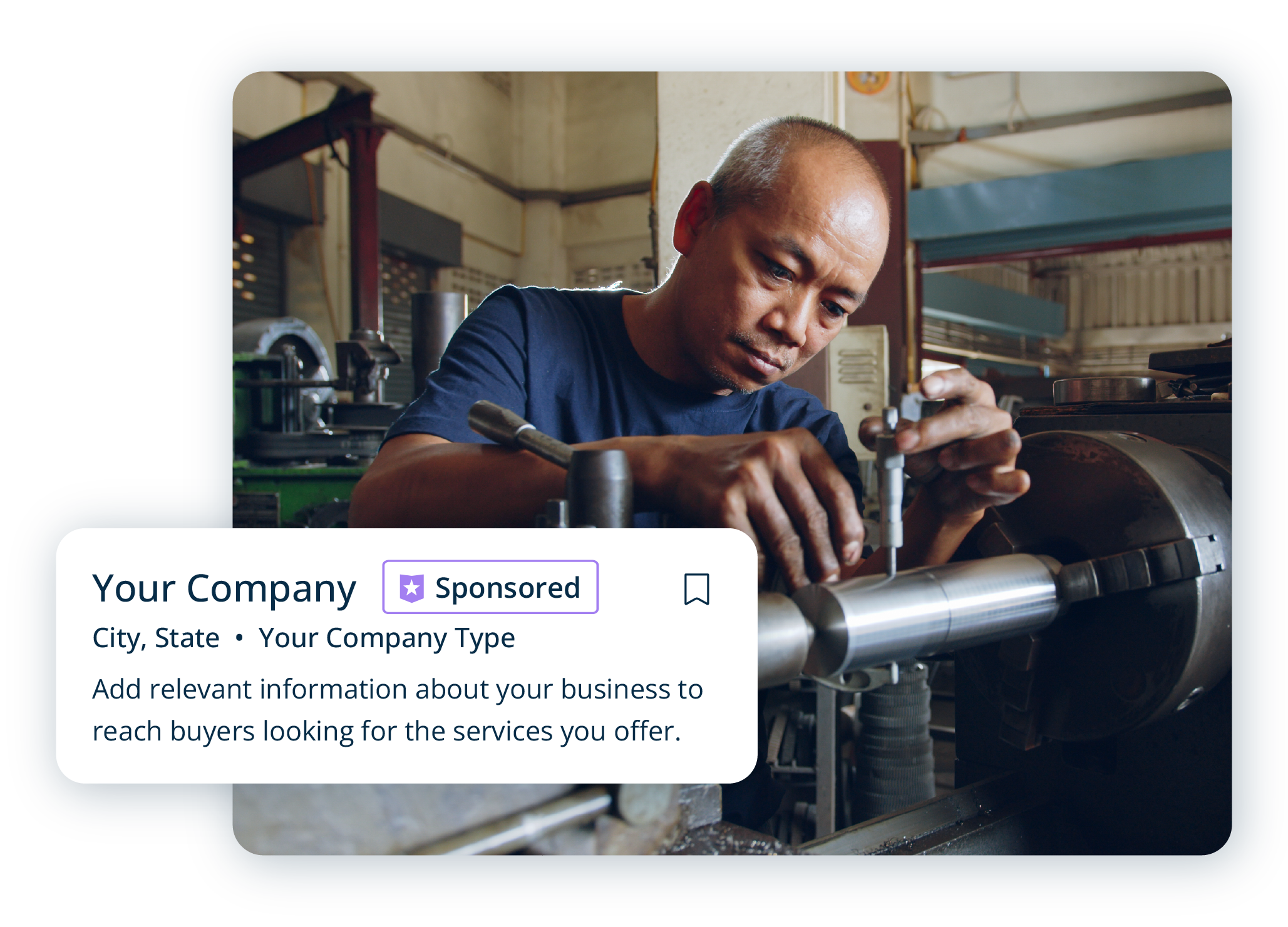Driving the Industrial Marketing Conversation
Team Thomas June 20, 2013
Marketing, at its best, has a lot in common with everyday conversation. There should be a flow. You should have a voice. And, just as if you were talking face-to-face with someone, you need to know your conversation partner — so you can communicate most effectively.
When shaping your marketing strategy, the first, most obvious audience is prospective customers. Why direct your budget anywhere besides growing your business? But prospects are just the start.
What are all the audiences that you want to have a conversation with? These are a few to take into consideration — and how best to engage with them.
Prospective Customers: No, they're not the only audience, but that doesn't mean they're not important. Marketing to prospects involves getting your foot in the door — and getting to the door in the first place. Online, that means knowing where your target customers search for products and suppliers, whether that's general search engines like Google or platforms like ThomasNet.com. Being visible in those places is a great first step.
Existing Customers: Growing your business is always a key goal, but the old adage holds true: it is far more cost-effective to keep an existing customer than to gain a new one. Don't neglect your valuable client base. Keep them interested and engaged with quality content on your website, blog, and elsewhere. Reach out to them between order cycles. Tailor your entire marketing strategy to give them the confidence that they should be doing business with you.
Competitors: Effective marketing messaging can be a step in safeguarding you from competition for your customers. By directing the conversation toward your strengths and unique value, you proactively answer many questions that might arise if a client is tempted to take their business elsewhere.
Potential Employees: With more and more manufacturing jobs coming back to U.S. soil, and the still-lingering skills gap issue, your marketing message can be a tool to attract the best and the brightest engineers and other personnel — now and in the future. Representing not only your industry, but manufacturing as a whole, industrial marketing can entice the younger generation to commit to industry through their education and career — certainly an investment worth making.
Did you find this useful?









